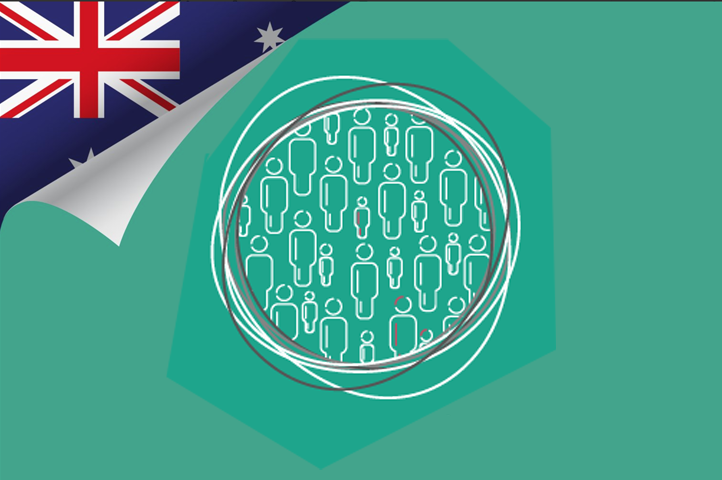
Australians who have been diagnosed and treated for cancer have the opportunity to share their experiences with the world as part of a global research project spearheaded by All.Can. The global patient survey has been launched in 11 countries to identify common issues cancer patients experience, with the aim of discovering what prevents patients from getting optimal cancer care.
This is the first project being undertaken by the Australian chapter of the global cancer initiative, which was launched on World Cancer Day this year. The overarching goal for All.Can in Australia is to help contribute to sustainable resource allocation in cancer care and to identify improvements that matter to patients.
The patient survey is open to all Australians who have experienced cancer care and are willing to share their thoughts on their care and the efficiency of the Australian health system. The insights gathered from the survey will be used to shape recommendations to improve cancer care in Australia.
Richard Vines, Chief Executive Officer of Rare Cancers Australia and co-chair of the All.Can Australian Steering Committee, believes this is an opportunity for Australians to have their say and make a tangible contribution to the future of cancer care in Australia.
‘It makes sense to talk to Australians who have experienced a cancer diagnosis and treatment and give them the opportunity to share their thoughts on what needs to be changed in future,’ said Mr Vines.
‘The survey is our chance to figure out what is currently working in the Australian health system, compare how Australia is performing against other countries and identify common issues that are negatively impacting patients.’
Professor John Zalcberg, Head of the Cancer Research Program, Department of Epidemiology and Preventive Medicine School of Public Health at Monash University and co-chair of the All.Can Australian Steering Committee, says the patient survey is the first step in understanding what is currently being experienced by patients when they are diagnosed and treated for cancer.
‘There are multiple factors that need to be taken into consideration when assessing cancer care as a whole, which makes this project a very challenging task. However, by providing cancer patients with the chance to share their own experiences in the private and public health system, we will be able to narrow down the most common pain points for patients,’ said Professor Zalcberg.
‘Rather than trying to fix the whole system, we will be in a position to make recommendations that address the areas that are causing the most grief for patients and their families.’
The survey has been designed to collect information from various types and stages of cancer. The focus is to gain better insight about the cancer diagnosis process, treatment experience and outcomes, impact on everyday life, financial implications, the role of patient support groups and experience with clinical trials.
It is estimated that there will be 138,321 new cancer diagnoses om Australia this year, which is a 3% increase from 2017. 1
The All.Can global patient survey is currently active in the UK, Poland, Sweden and Canada. The next countries to launch their local surveys are Switzerland, Spain, Belgium, Italy, France and Germany.
To participate in the Australian survey, visit http://www.myonlinesurvey.co.uk/allcan_ENAU/
1. AIHW 2018. All cancers in Australia 2018. Access via https://canceraustralia.gov.au/affected-cancer/what-cancer/cancer-australia-statistics